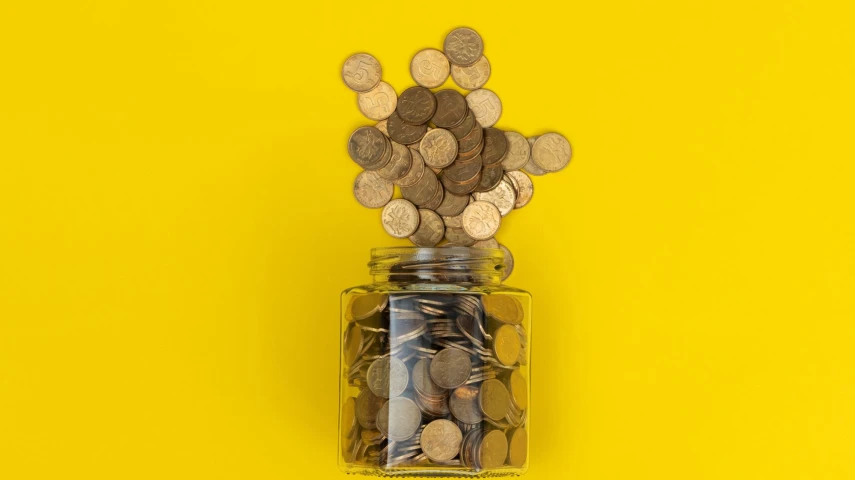Early release of super could leave taxpayers with debt in billions



The COVID-19-era Early Release of Super Scheme could hit Australian taxpayers with an up to $85 billion bill mostly due to the higher pension costs of those who withdrew their savings, according to new research by the Super Members Council (SMC).
It indicated that today’s 20-year-olds are projected to pay about $3,000 more tax to cover the higher pension bill caused by the scheme, which saw 3 million Australians withdraw $38 billion from super before retirement.
The SMC’s modelling showed the early release scheme’s costs in higher pensions and lower super tax receipts are expected to peak at $2.5 billion a year by the mid-2060s. Additionally, the council’s analysis revealed a 30-year-old who withdrew $20,000 from super could be left with about $93,600 less at retirement leaving them dramatically worse off in their lifetimes.
“Compound earnings [make] up three-quarters of a super balance at retirement making it difficult to recoup those losses,” said SMC chief executive Misha Schubert.
“People who accessed their super before retirement are projected to need to draw more heavily on an age pension, which hikes the pension bill for future taxpayers.”
Schubert said the financial toll of the early release scheme would cost both the people urged to withdraw their super and all Australian taxpayers for decades.
The SMC analysis of the Early Release of Super Scheme also found that approximately 725,000 Australians effectively wiped out their superannuation accounts and of these 45 per cent were aged 25 and under and 70 per cent were aged 30 and under.
The analysis was undertaken as part of its submission on the government’s proposal to enshrine super’s purpose in law through the Objective of Super Legislation that is before Parliament.
It said its analysis showed the government is right to safeguard super’s preservation policy – the principle that the clear purpose of super is to deliver retirement income – in legislation.
It concluded that other proposals that promote the early withdrawal of super would similarly leave people worse off in retirement, push up costs for taxpayers, and risk weakening super returns for all Australians.
These proposals have included using super to quarantine for health and aged care costs, a house deposit, to meet everyday cost-of-living expenses, purchasing household electric appliances, and pay off HECS and other debts.
Recommended for you
The Assistant Treasurer has reaffirmed the government’s commitment to strengthening retirement outcomes, consumer protections and cyber resilience in superannuation.
The industry super fund has advanced reconciliation efforts with a new initiative focused on improving outcomes for First Nations members.
The regulator has announced fresh legal actions in relation to the Shield and First Guardian fund failures.
The Gateway Network Governance Body has unveiled a detailed roadmap to guide the superannuation industry through the upcoming Payday Super reforms.









